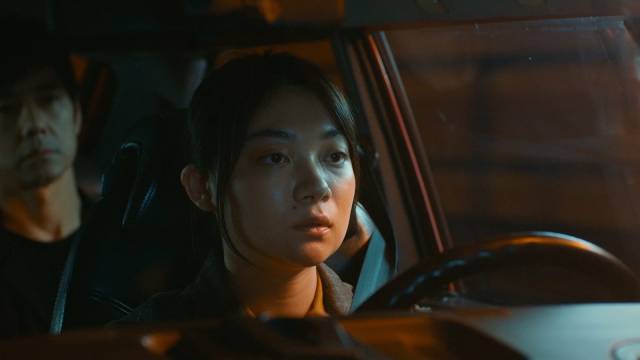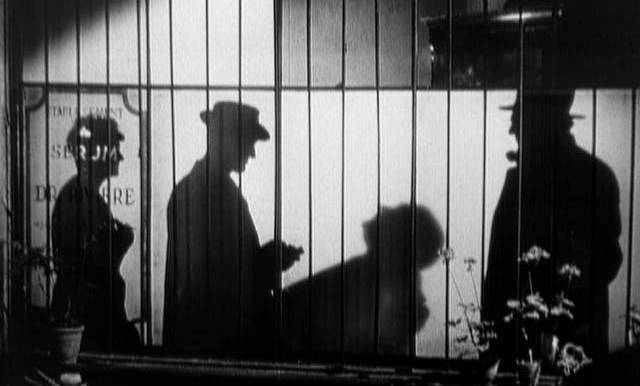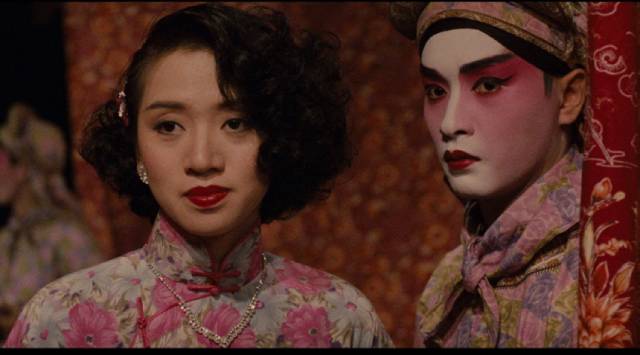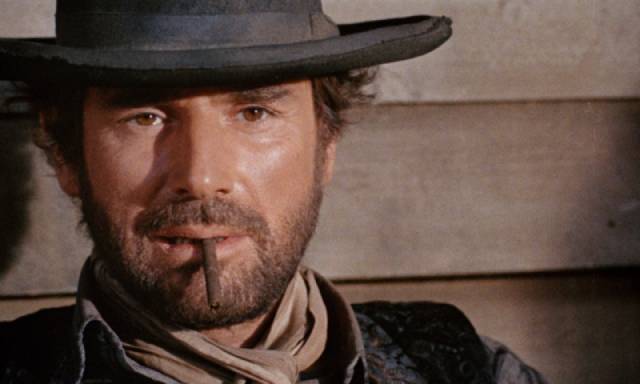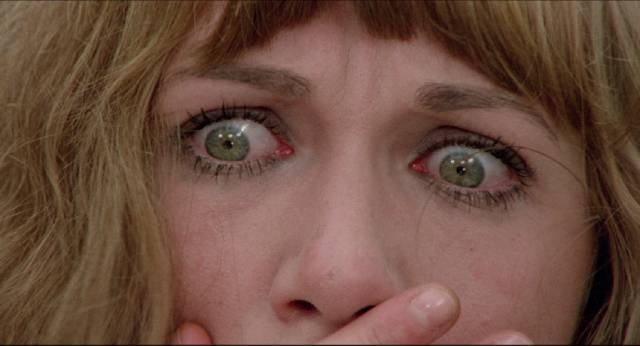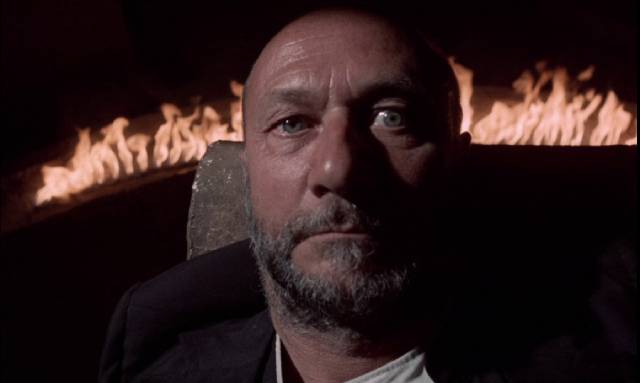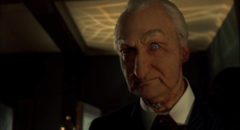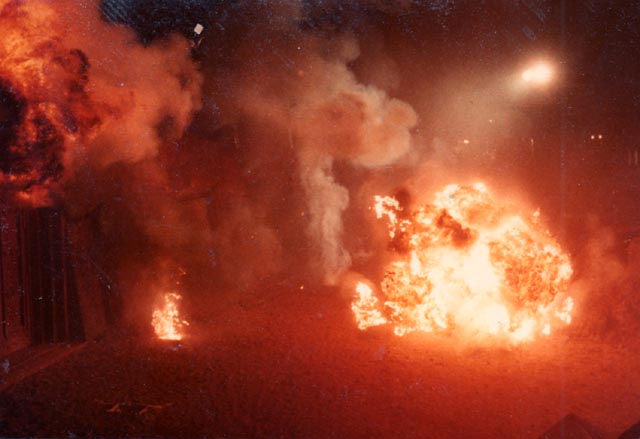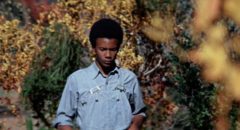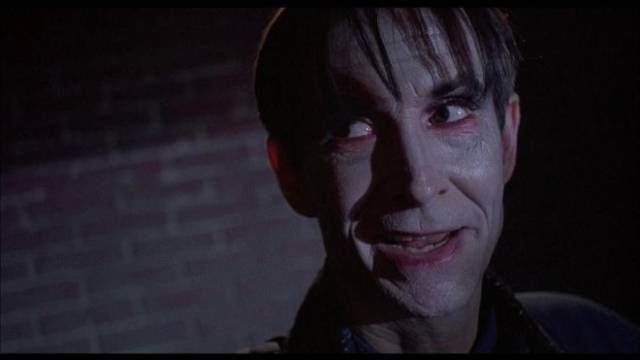
Two new Arrow releases – and one older one – plunge into sexual confusion, insecurity, violence and romantic longing: Robert Day’s TV movie The Initiation of Sarah (1977) riffs on themes from Stephen King’s Carrie; Gérard Kikoïne’s Edge of Sanity (1989) gives Anthony Perkins a chance to unleash his inner demons in a career-topping dual performance as Dr. Jekyll and Mr. Hyde; and Kathleen Turner is fearless as a businesswoman who moonlights as a prostitute inspires romantic passion in one man and murderous passion in another, the latter another ferocious, jittery performance from Anthony Perkins.
